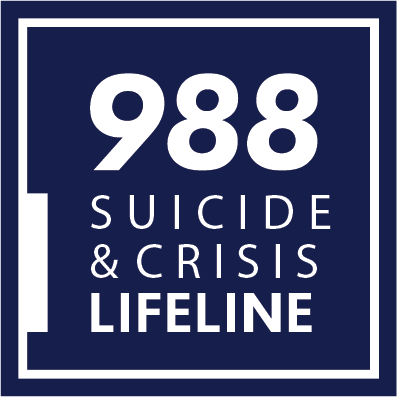Latest drinking advice, C. Diff cancer danger, good painkiller news, and more
16 Jul 2022
Posted by Andrew Kantor
Suicide hotline goes live
988.
9-8-8.
The new national crisis hotline — call it the suicide-prevention line, the crisis line, whatever you like — goes live today.
No, it’s not at 100% yet as states work out the kinks and staffing issues, but it is working. Let your patients know it’s there if they need it.

Pain killers: Exactly how it was supposed to work
In 2016, the CDC issued new opioid guidelines aimed at reducing the use of the heavy-duty meds while still treating chronic pain. The opioid crisis was in full swing, and those guidelines were supposed to help.
And guess what? They did. After that guidance, non-opioid pain prescriptions increased. And then again the next year. And again. That’s what researchers at the University of Michigan found after checking prescription records.
They found that the odds of prescribing a nonopioid pain medication in 2016 were 3% higher than expected from pre-guideline estimates for the same year. That number increased to 8% in 2017 and 9.7% in 2018.
The big takeaway is good news for chronic-pain sufferers. The numbers say that people were offered different meds, rather than being forced to take fewer meds.
Cancer culprit unmasked
Colorectal cancer numbers are rising, and the reasons aren’t clear ; it’s not just because a celebrity died from it. One reason, found Johns Hopkins researchers, might be the rise of Clostridioides difficile infections.
To oversimplify: “C. difficile brought about a range of changes within colon cells that made them vulnerable to cancer.”
Cells exposed to this bacterium turned on genes that drive cancer and turned off genes that protect against cancer. These cells produced reactive oxygen species, unstable molecules that can damage DNA, and they also prompted immune activity associated with harmful inflammation.
That’s unexpected, to say the least. And it still needs to be confirmed with, as always, further studies. But it seems to be another reason to tackle the rise of C. diff infections, especially as it becomes resistant to antibiotics.
Guys: Do you have pre-diabetes? Are you sure?
If Canadians aren’t getting screened for diabetes enough, you can bet that Americans aren’t either. And Canadians aren’t getting screened enough.
That’s especially true (say Canadian researchers) for men in their 40s — they recommend that everyone over 40 get screened for diabetes at least every three years. It’s men, though, who are more likely to have at least pre-diabetes, but who are less likely to be screened.
Drinking and cognitive decline
It’s been weeks since we’ve had an answer to the question: Is moderate drinking good or bad? Fear not — the good researchers at Oxford University have the latest answer.
[Spin the Wheel of Conflicting Study Results!]
Today it’s … bad for you. That’s right: Even moderate drinking — a glass a day — increases the iron levels in your brain* which “has been linked with Alzheimer’s and Parkinson’s diseases and is a potential mechanism for alcohol-related cognitive decline.”

* Insert “magnetic personality” joke here.
Yes, that’s how math works
If out-of-pocket insulin prices are capped for Americans, and Medicare/Medicaid has to pay whatever drug makers feel like charging, then yes — capping prices will cost taxpayers more, the Congressional Budget Office found. Think of it as government subsides for pharma-company stockholders.
Good news, sad reasons
If you aren’t sure how to feel about this, you aren’t alone: Police deaths in America were down by about 30% in the first half of 2022. Why? Fewer Covid deaths thanks to vaccine mandates. (Covid-19 was the leading cause of line-of-duty police deaths in 2021.)
The Long(ish) Read: Antibiotic Pipeline edition
Infections are growing worse as antibiotics lose their edge against new resistant variants. But pharma companies have little incentive to invest in new ones — they just don’t make enough money. That’s not going to end well.


